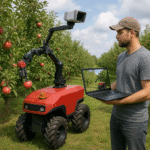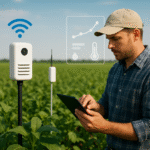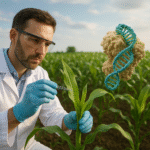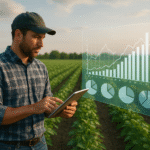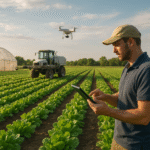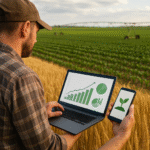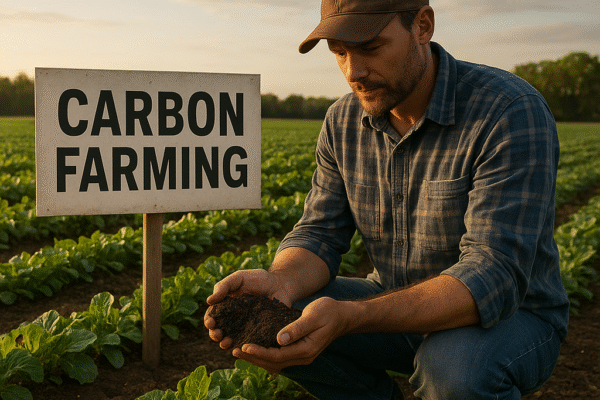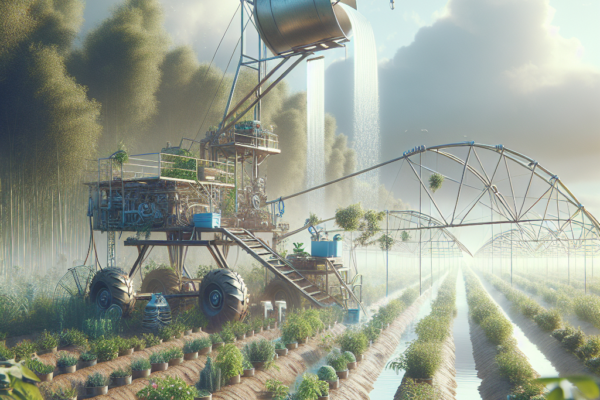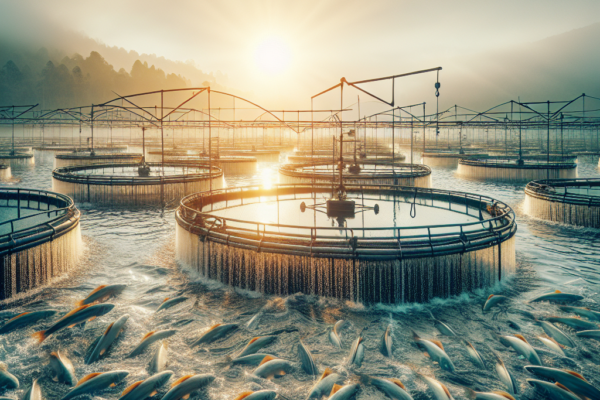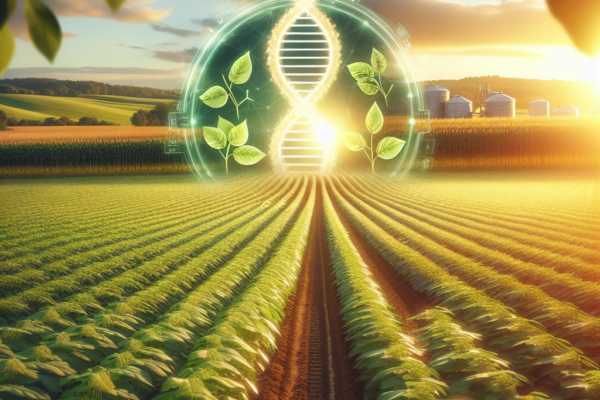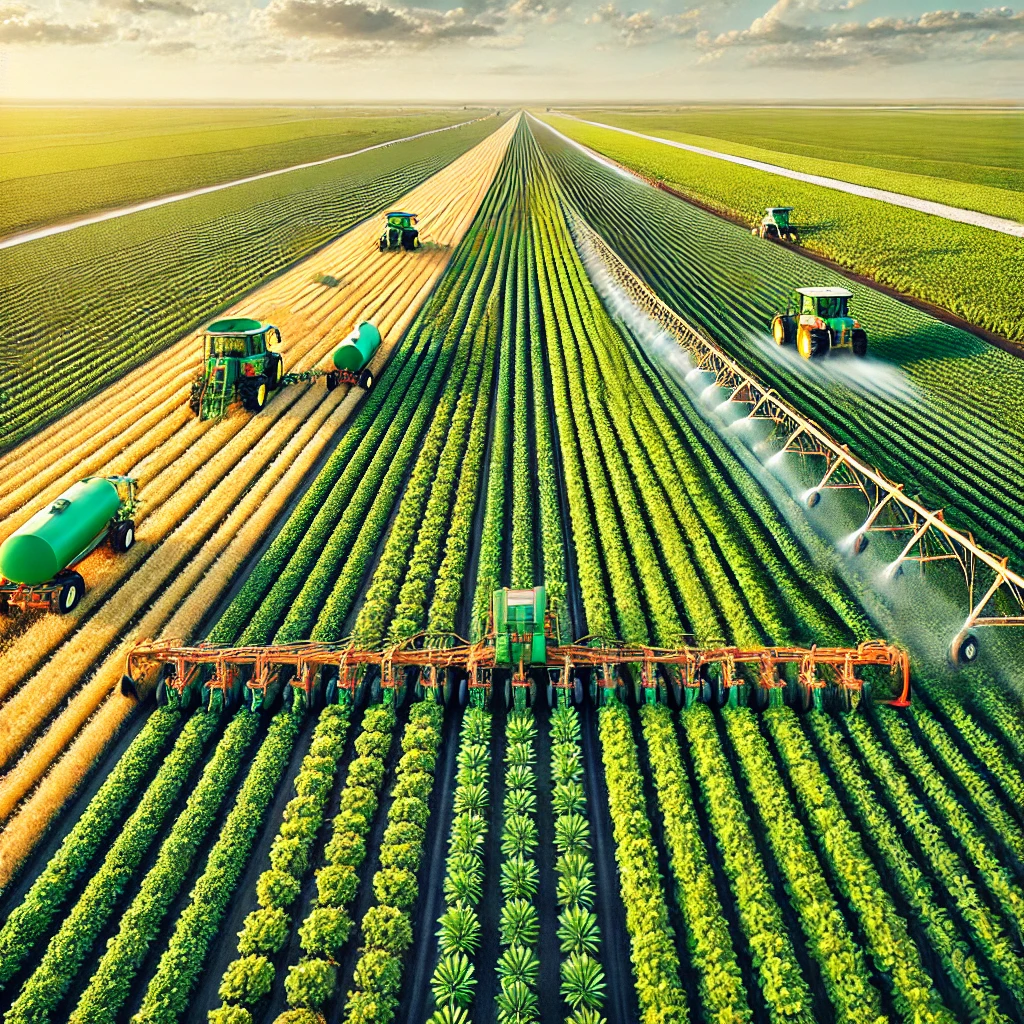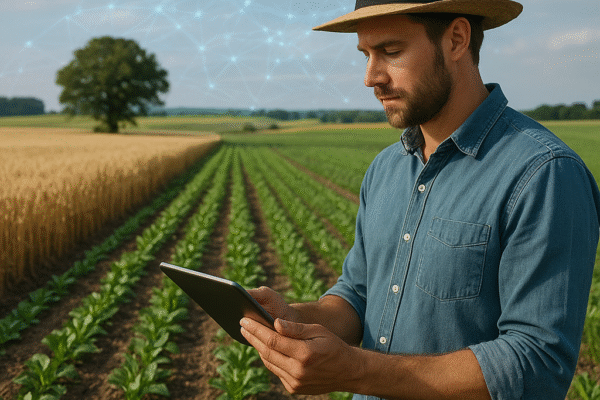
The Benefits of Crop Rotation in the Digital Age
Embracing a blend of traditional wisdom and modern tools, crop rotation has reemerged as a cornerstone of sustainable agriculture. Far from being a relic of the past, this practice now finds new vigor in the era of digital innovation. By interweaving computerized insights with time-tested growing cycles, farmers unlock enhanced soil health, boost yield potential,…
